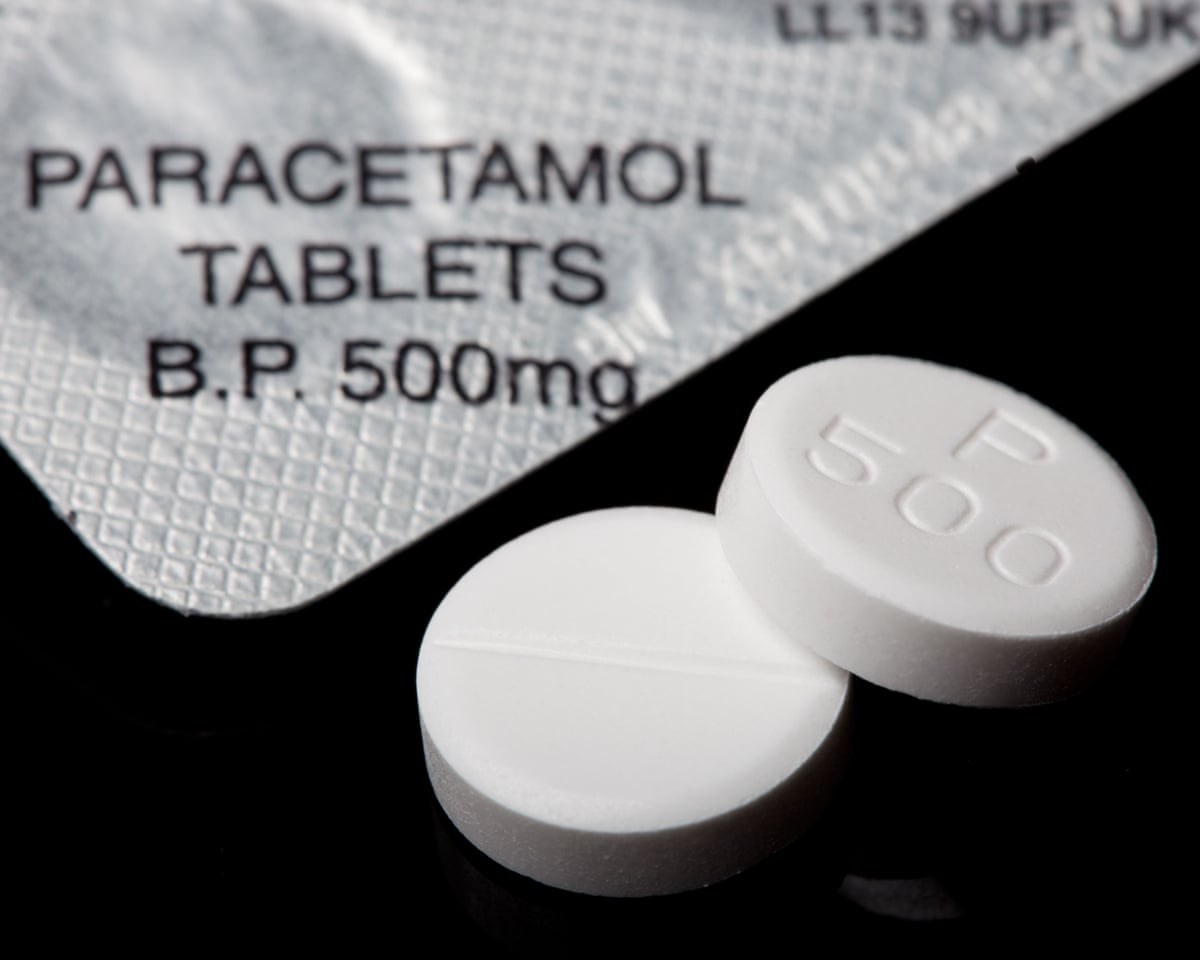
The World Health Organisation (WHO) on Wednesday clarified that no conclusive scientific evidence currently links autism to the use of acetaminophen (paracetamol) during pregnancy.
In a statement on its website, WHO noted that about 62 million people worldwide—roughly 1 in every 127 individuals—are living with autism spectrum disorder, a complex group of conditions associated with brain development.
The organisation added that while awareness and diagnosis have advanced in recent years, the exact causes of autism remain unknown, with multiple factors believed to play a role.
“Extensive research has been undertaken over the past decade, including large-scale studies, looking into links between acetaminophen use during pregnancy and autism. At this time, no consistent association has been established.
“WHO recommends that all women continue to follow the advice of their doctors or health workers, who can help assess individual circumstances and recommend necessary medicines. Any medicine should be used with caution during pregnancy, especially in the first three months, and in line with advice from health professionals.
“Also, a robust, extensive evidence base exists showing childhood vaccines do not cause autism. Large, high-quality studies from many countries have all reached the same conclusion.”
“Original studies suggesting a link were flawed and have been discredited. Since 1999, independent experts advising WHO have repeatedly confirmed that vaccines—including those with thiomersal or aluminium—do not cause autism or other developmental disorders,” WHO noted.
The global health body added that childhood vaccine schedules are developed through a careful, extensive, and evidence-based process involving global experts and country input.
It said the childhood immunisation schedule, carefully guided by WHO, has been adopted by all countries, and has saved at least 154 million lives over the past 50 years.
“The schedule remains essential for the health and well-being of every child and every community. These schedules have continually evolved with science and now safeguard children, adolescents, and adults against 30 infectious diseases.
“Every vaccine recommendation by the Strategic Advisory Group of Experts on Immunisation, an independent advisory group to WHO, is grounded in rigorous review of evidence and carefully designed to offer the best protection against serious diseases and to be delivered when most needed.
“When immunisation schedules are delayed or disrupted, or altered without evidence review, there is a sharp increase in the risk of infection not only for the child, but also for the wider community. Infants too young to be vaccinated and people with weakened immune systems or underlying health conditions are at greatest risk,” it emphasised.
It, however, said autism and neurodevelopmental disorders are among the priority mental health and neurological conditions being discussed at the fourth UN High-Level Meeting on NCDs and mental health on Thursday, September 25.
“As a global community, we need to do more to understand the causes of autism and how best to care for and support the needs of autistic people and their families.
“WHO is committed to advancing this goal, working together with partners, including autistic-led organisations and other organisations representing persons with lived experience. WHO also stands with people who are living with autism and their families, a dignified community entitled to evidence-based considerations free of stigma,” it added.








